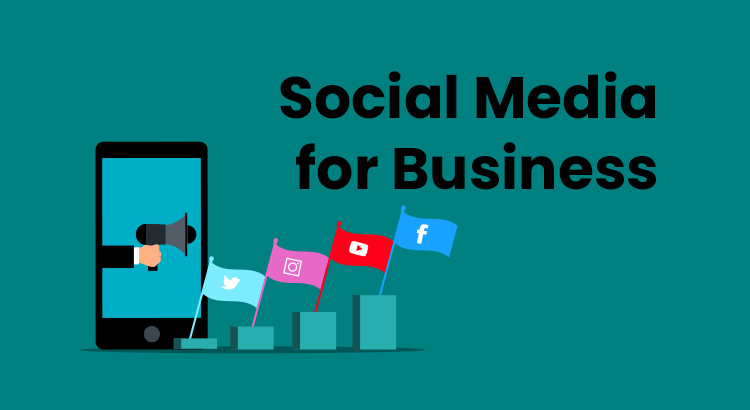Social media is an important part of online marketing of businesses. Leveraging platforms like Facebook, Instagram, Twitter, LinkedIn, and others can significantly enhance brand visibility, customer engagement, and ultimately drive sales. Here’s a comprehensive guide on how to effectively use social media for business:
Useful Article: Social Media Marketing Strategies: Building a Digital Presence
Social Media for Business Marketing
Social media platforms offer diverse opportunities for businesses to market their products and services. Whether it’s building brand awareness, engaging with customers, or driving sales, social media marketing plays a crucial role in modern business strategies.
You can choose an expert offering social media marketing services to incorporate social media for business marketing.
Benefits of Social Media for Business
1. Humanize your business
Social media allows businesses to establish a more approachable and relatable persona. By actively participating in conversations, sharing insights, and responding to inquiries, businesses can create a sense of authenticity that resonates with their audience.
2. Drive traffic
Social media serves as a powerful channel for directing traffic to your website. Through strategic posting and advertising, businesses can increase website visits and improve their search engine optimization (SEO) efforts.
3. Generate leads and customers
Social media platforms offer various features such as direct messaging, call-to-action buttons, and online shops, enabling businesses to directly generate leads and drive conversions.
4. Increase brand awareness
The visual nature of social media allows businesses to showcase their brand identity to a broad audience, thereby enhancing brand recognition and recall.
5. Build relationships
Social media facilitates direct communication with customers, allowing businesses to foster meaningful relationships, gather feedback, and provide personalized support.
How to Use Social Media for Business?
1. Create Diverse Content
Regularly post valuable content that resonates with your target audience. Experiment with different formats such as images, videos, polls, and announcements to keep your feed engaging.
2. Stay Consistent
Maintain a consistent brand identity across all social media platforms. While adapting to each platform’s unique environment, ensure that your brand’s voice remains cohesive and recognizable.
3. Don’t Just Post—Participate
Actively engage with your audience by responding to comments, initiating discussions, and sharing user-generated content. Social media is about building communities, not just broadcasting messages.
4. Use Content Creation Tools
Utilize tools like Canva and Freepik to create visually appealing content that aligns with your brand identity. Invest in high-quality visuals to capture your audience’s attention.
5. Repurpose, Repost, Recycle
Maximize the lifespan of your content by repurposing it across different platforms and formats. Repost user-generated content and recycle your top-performing posts to maintain consistency and relevance.
6. Curate Your Own Feed
Follow competitors, influencers, and industry leaders to gain insights, stay updated on trends, and find inspiration for your own content strategy.
7. Measure Success with Analytics
Track key metrics using analytics tools provided by social media platforms. Analyze engagement, reach, and conversions to assess the effectiveness of your strategies and make data-driven decisions.
8. Try Paid Social
Consider investing in paid advertising to expand your reach and target specific demographics. With precise targeting options and cost-effective pricing, paid social media can yield significant returns on investment.
Conclusion of Social Media for Business
Social media presents immense opportunities for businesses to connect with their audience, drive sales, and build brand loyalty. By utilizing various strategies mentioned in this article, businesses can maximize their impact on social media platforms.


